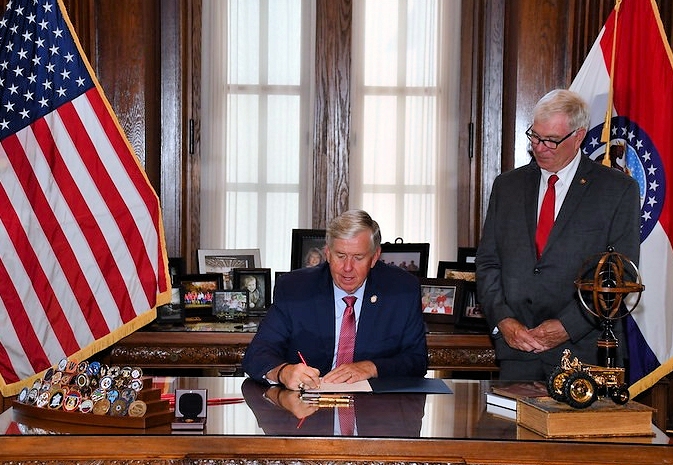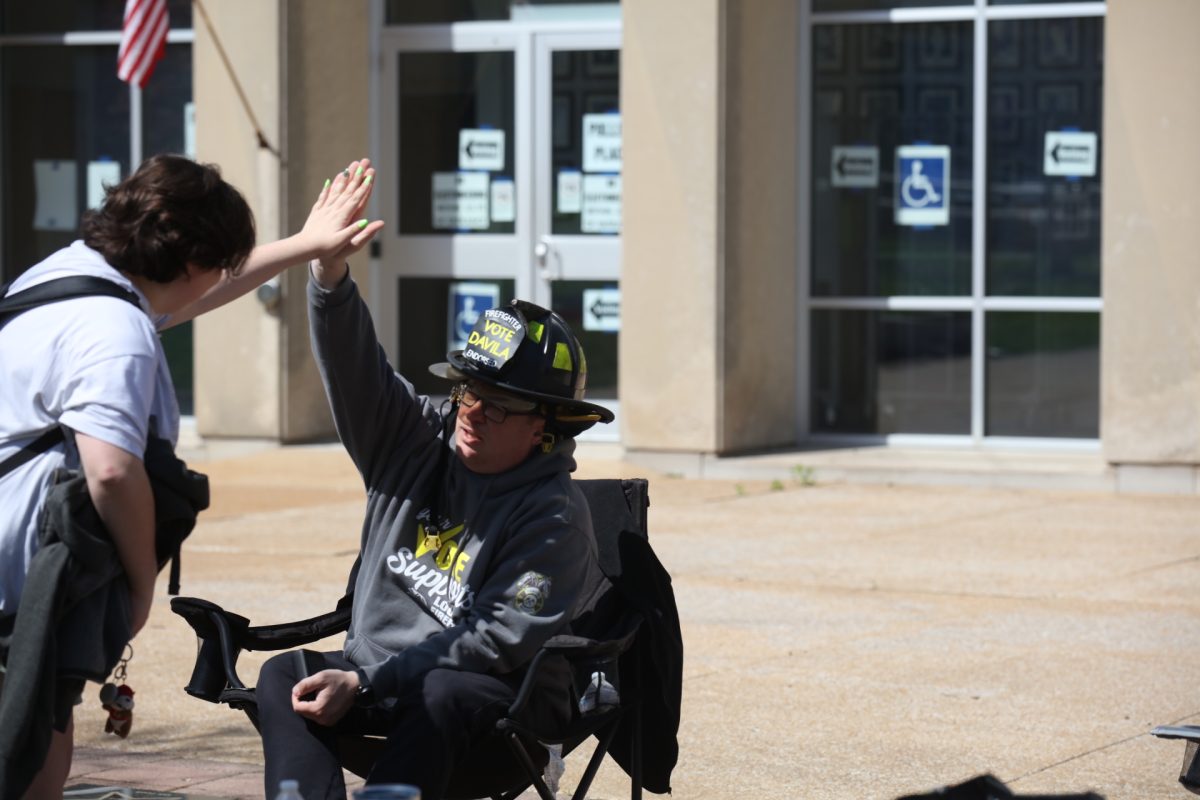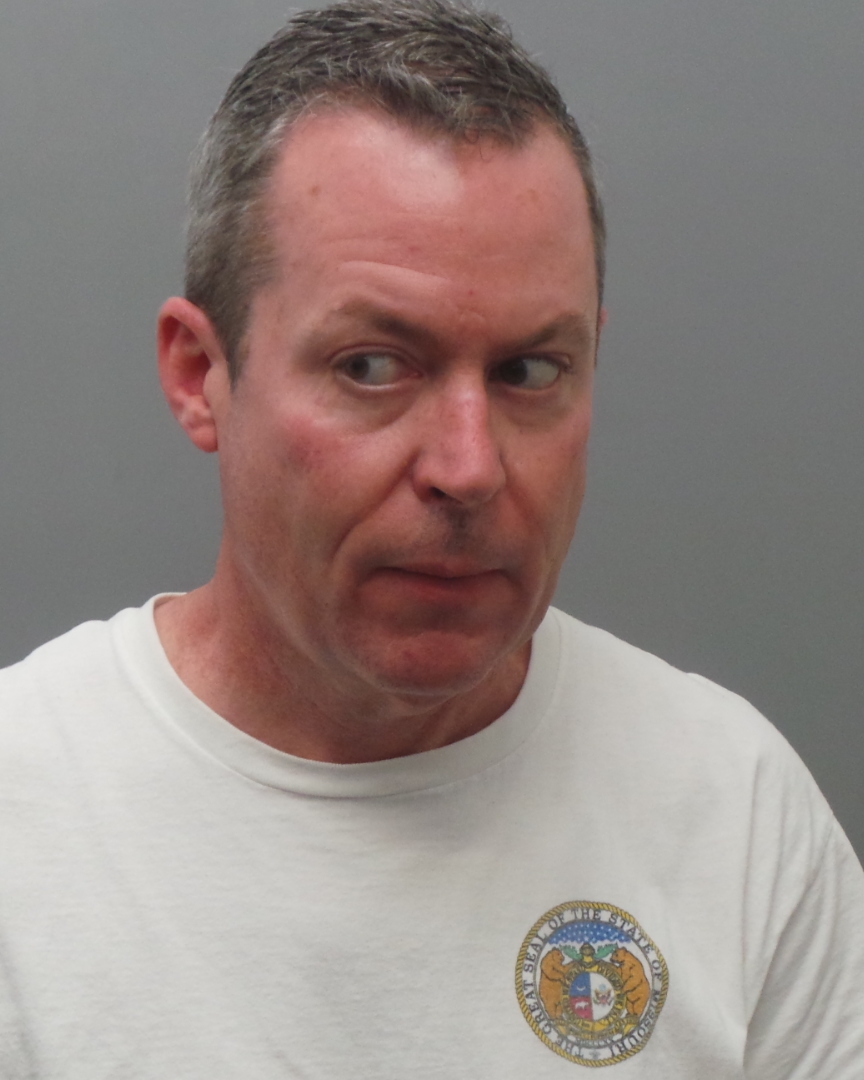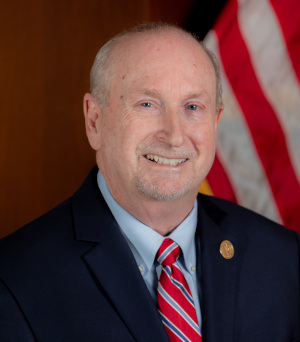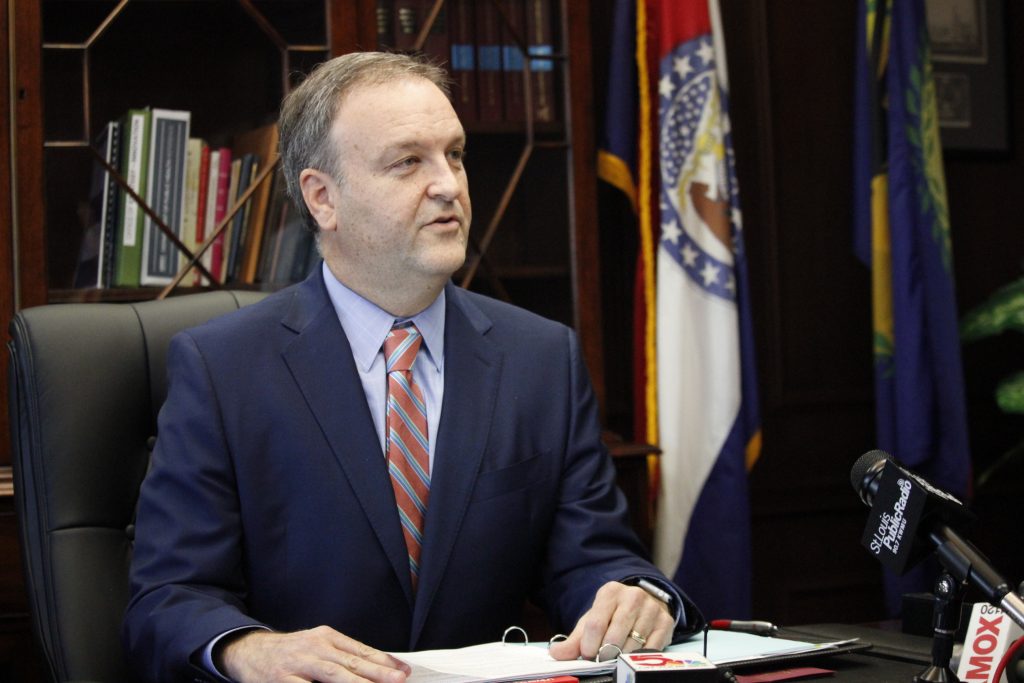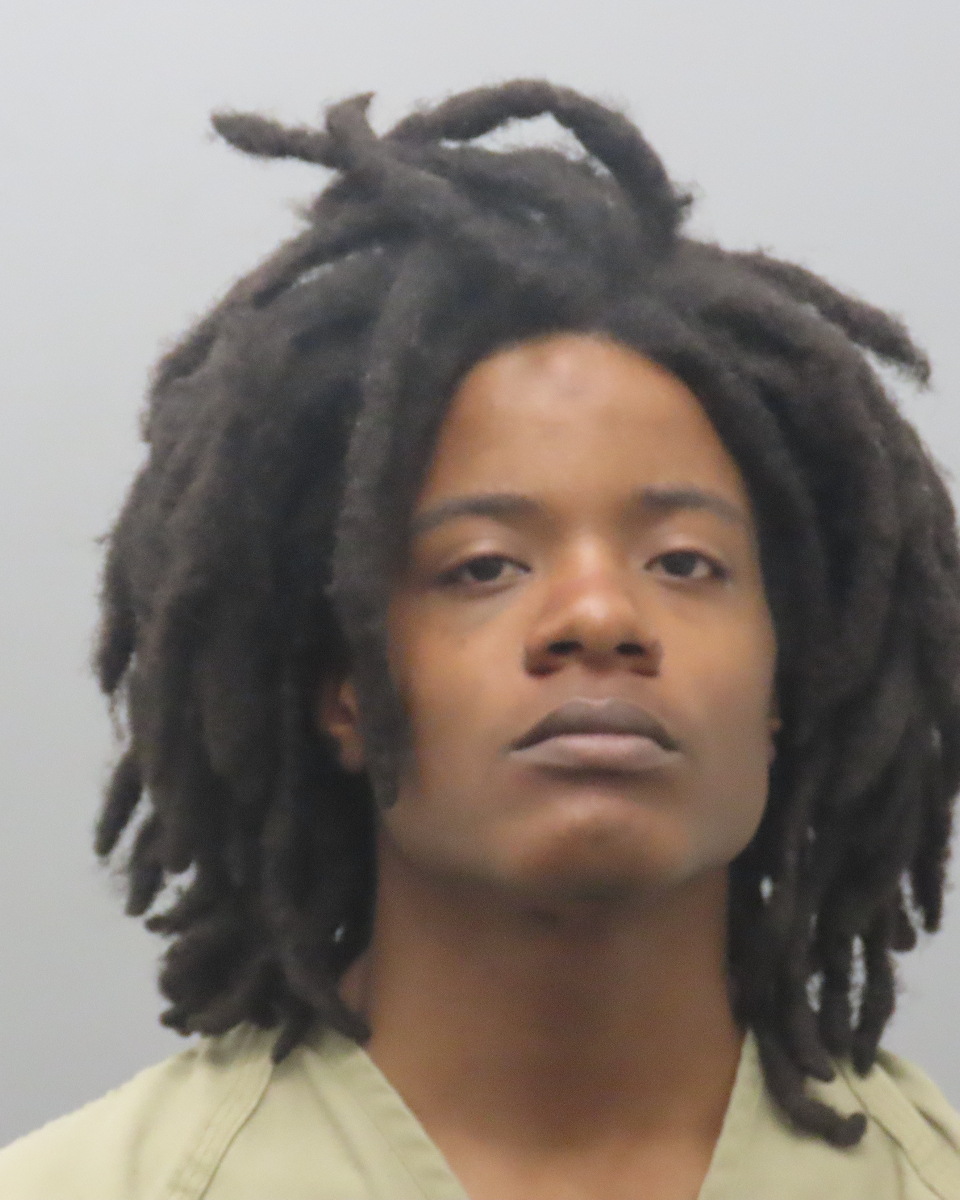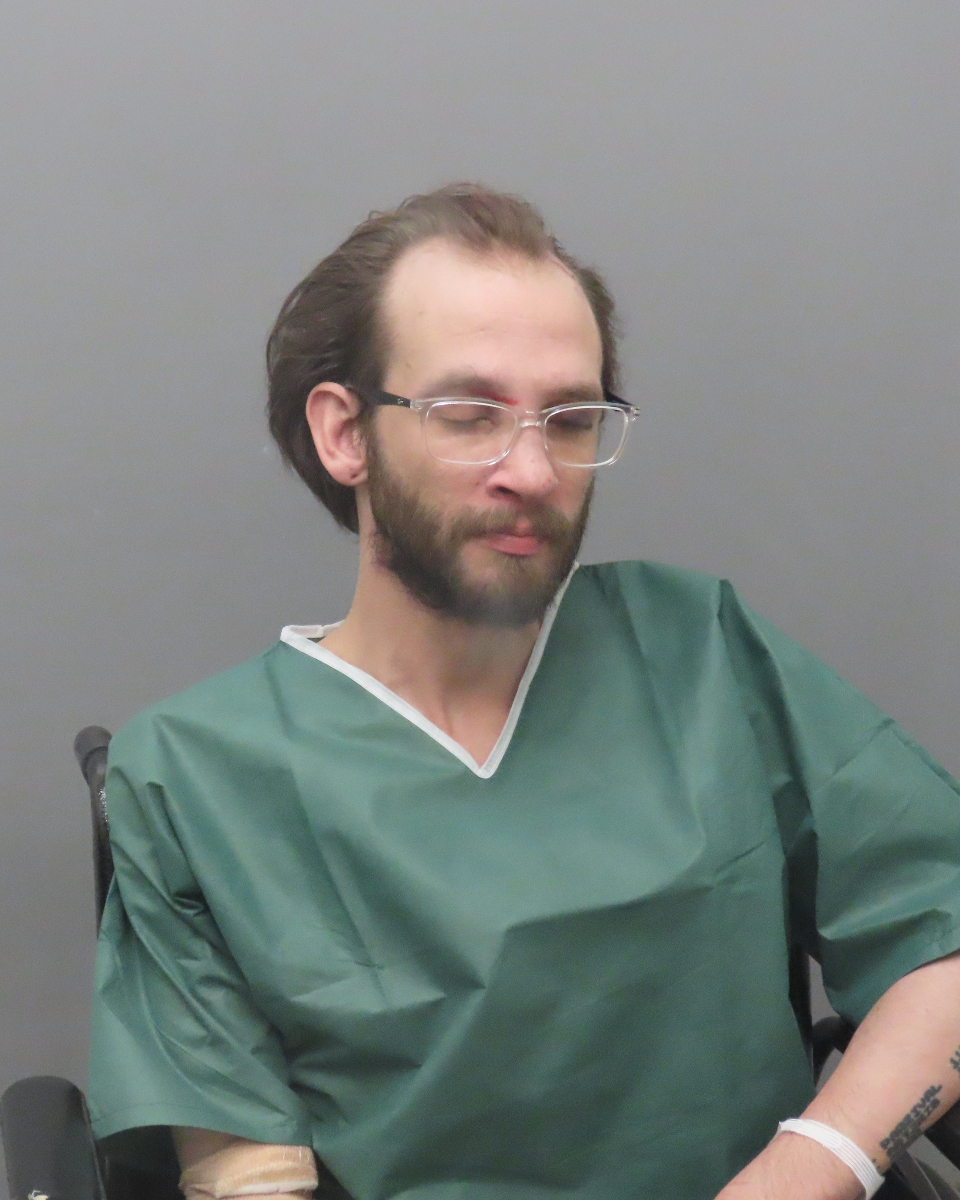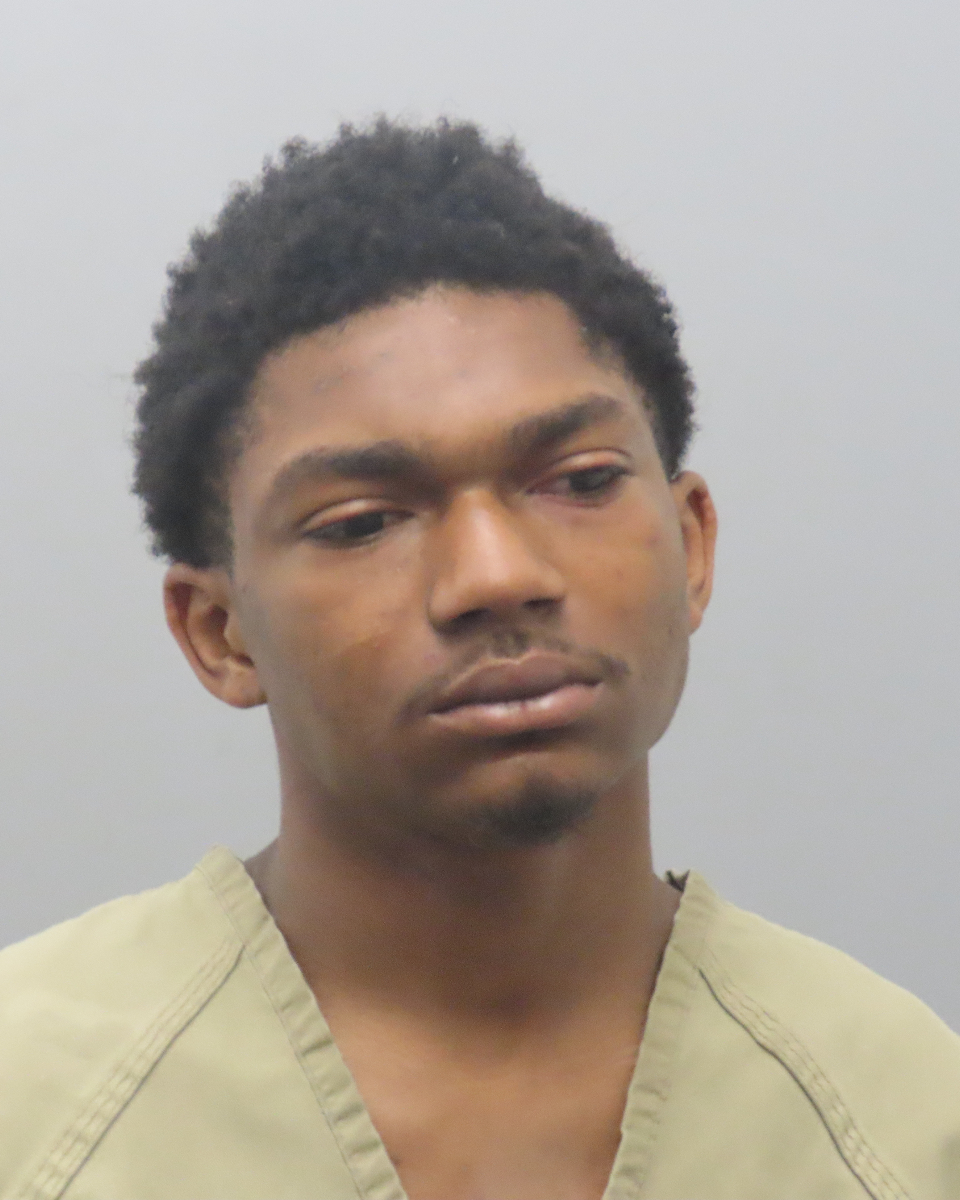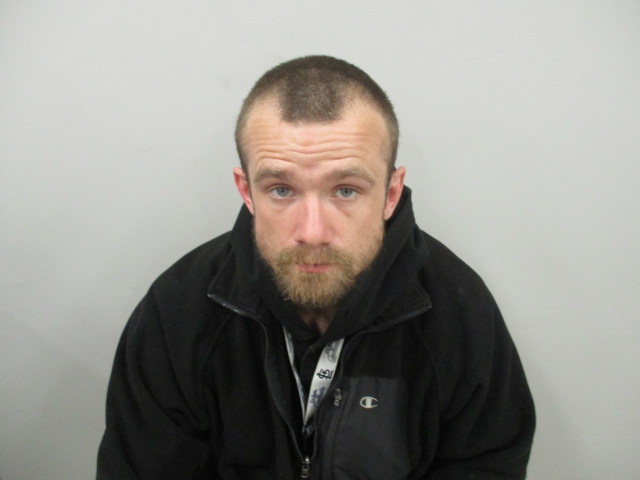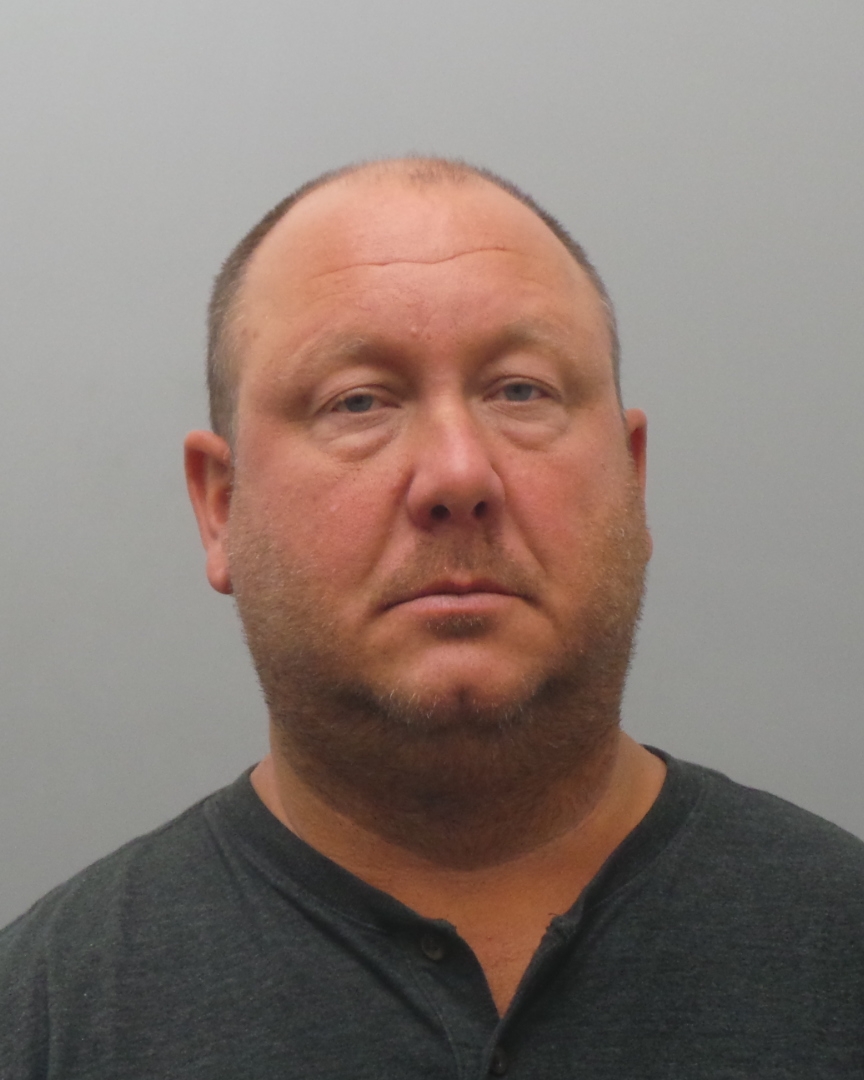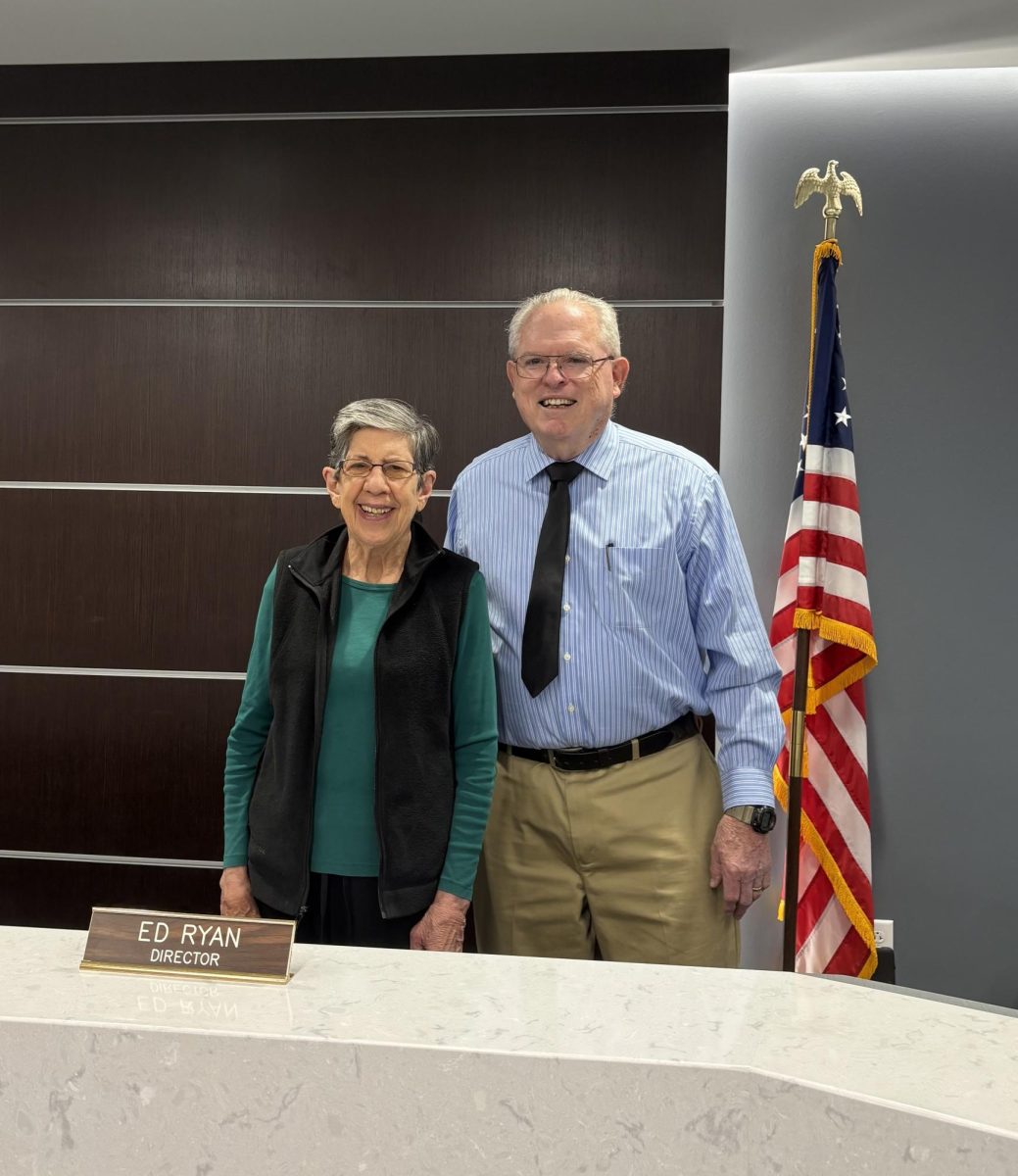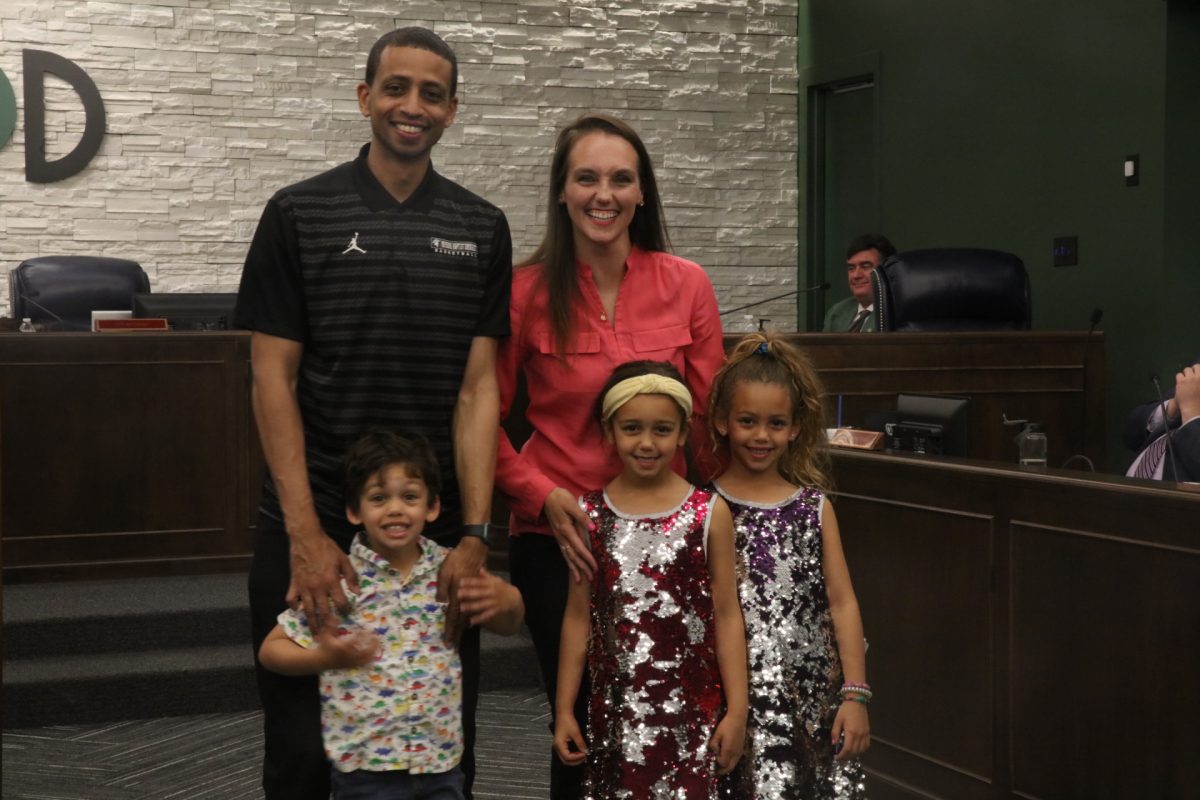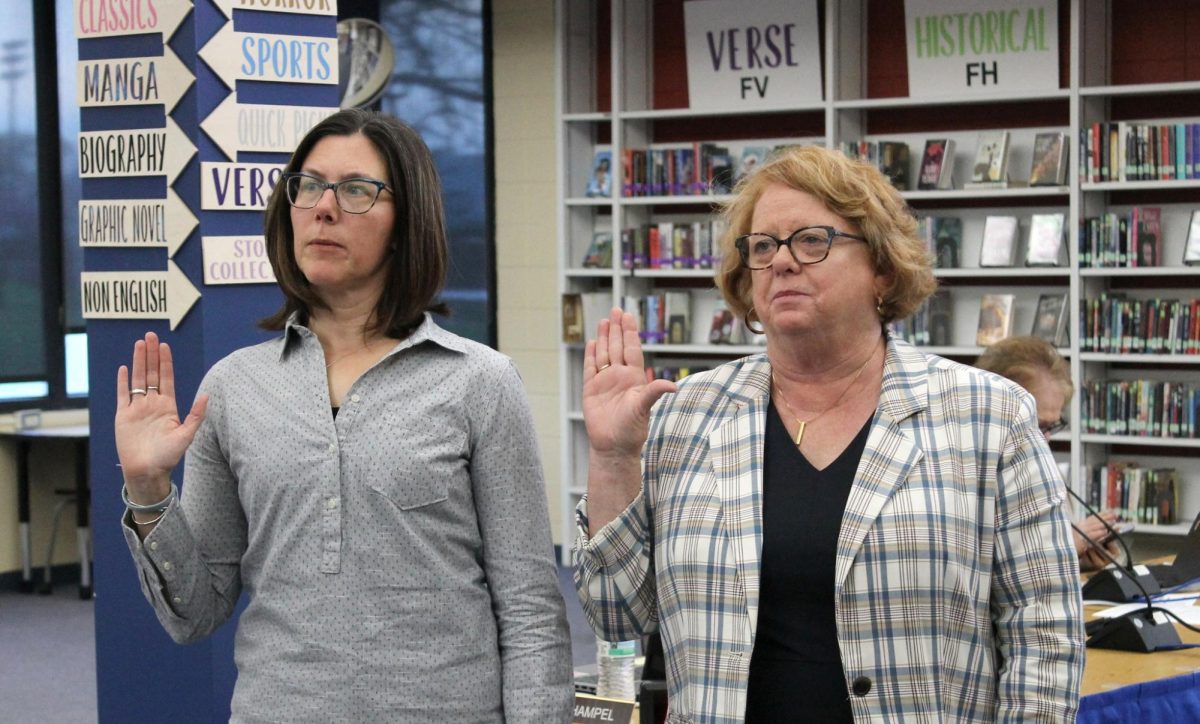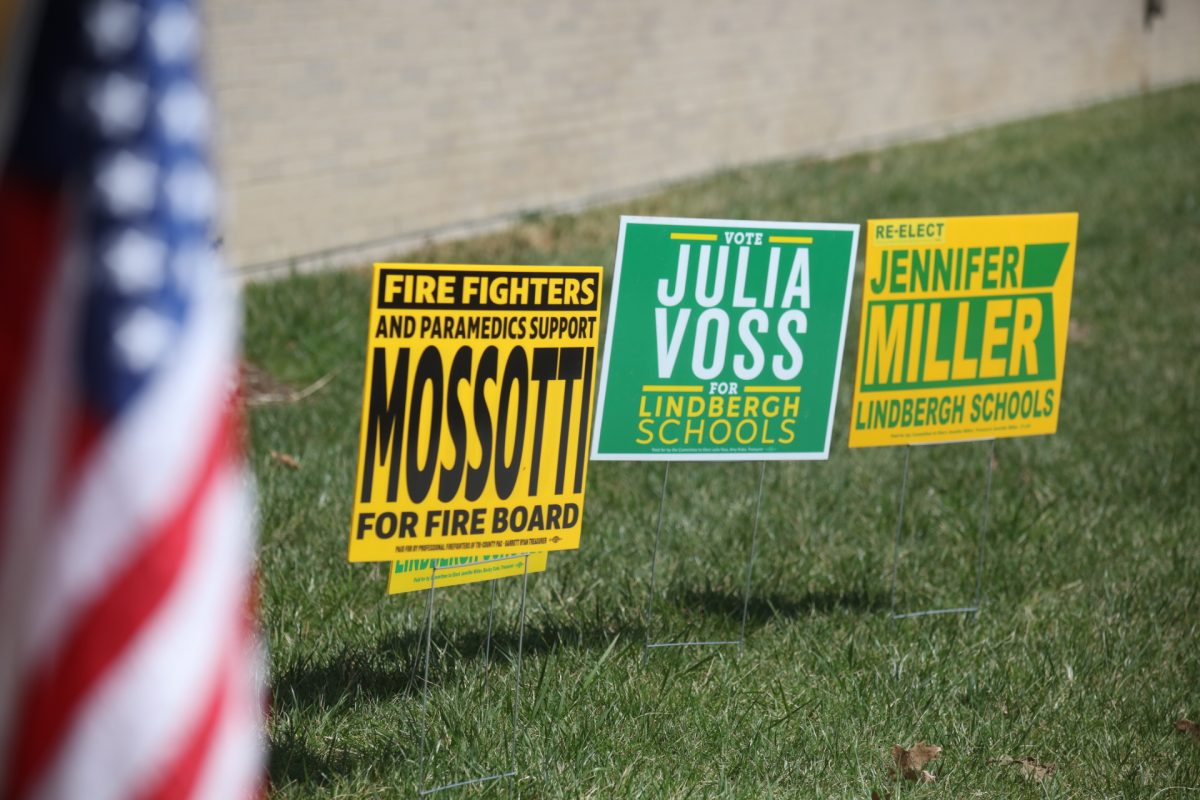JEFFERSON CITY — The special session on crime ended unexpectedly when the Missouri House voted to adjourn without taking up three of the session’s five crime bills.
Two bills had passed both chambers the week of Sept. 14 and reached the governor’s desk to sign. House Bill 46 loosened residency requirements for St. Louis police officers and House Bill 66 set up new funding for witness protection.
Meanwhile, three other bills were left on the cutting room floor.
House Bills 11 and 16 would have implemented new punishments for using children to commit or obstruct gun-related crimes.
House Bill 2 would have allowed Attorney General Eric Schmitt, a Republican, to take over homicide investigations being handled by St. Louis City Prosecutor Kimberly Gardner. Shrouded in controversy, the action was seen by some as a targeted attack against Gardner.
The House’s decision to not take up the three bills came as a surprise to Minority Leader Crystal Quade, D-Springfield.
Quade said Democrats had no idea if the bill would be discussed: “I don’t know many other Republican caucus members who knew, either.”
Quade was also critical of Gov. Mike Parson over the special session, especially given how it ended. She said the session cost more than $200,000 and achieved little.
“When the governor put forward that special session, he got very little in return,” Quade said. “I continue to ask why we’re even here.”
American Civil Liberties Union of Missouri Executive Director Luz María Henríquez released a statement shortly after the session adjourned, stating the decision “respects the discretion of prosecutors and the will of the St. Louis voters who support Circuit Attorney Kim Gardner.”
She said lawmakers had an opportunity to bring real reform to the criminal justice system and failed to do so.
“Fundamentally, you cannot have public safety without public trust,” Henríquez said. “The legislature and Governor Parson failed to answer the people’s call and enact concrete police reform.”
Sen. Caleb Rowden, R-Columbia, shrugged at the suggestion that the governor came up short, citing the two bills approved Sept.16 as “the most important we were going to do this special session.”
“I’m sure people will try to paint today as a loss for the governor,” he said. “I don’t think it is. He had a bunch of ideas, and some of them made it across the finish line. We always come back next year.”
Parson pushed back on Quade’s earlier comments at a news conference later in the day, saying the cost of the session is not higher than the cost of lives lost in Missouri’s metro areas.
He also rejected the idea that the session was largely a failure — with only two of the five bills his administration proposed passing a legislature where his party holds supermajorities.
“You’re not going to hit a home run every time in this building,” Parson said. “I don’t keep score on how many bills I pass or how many I don’t.”
Parson said the two bills that did pass would be helpful for communities affected by violent crime.
“Violence is never the answer,” Parson said. “It does nothing but widen the divide.”
After adjourning, Republican House leaders said they are satisfied with the progress they have made toward crime reform.
“We are excited to have passed several significant measures to provide additional resources for law enforcement officers and protect the witnesses against violent criminals,” House leadership said in the news release. “The House is committed to continue working with Governor Parson in the next regular session in our fight to reduce the occurrences of violent crime in Missouri.”
Also Wednesday, the House attempted to overturn one of Parson’s vetoes from earlier in the year.
Parson vetoed Sect. 4.056 of House Bill 2004, which would have refunded a portion of sales and use tax revenue to businesses.
House Republicans said the refund would cost only $140,000 in a state budget of more than $35 billion, adding that the bill would only return improperly collected money, not increase spending.
“We spent more than twice as much money to clean the statue on top of this building,” Rep. Tom Hannegan, R-St. Charles, said.
Rep. Mike Moon, R-Ash Grove, proposed overturning the veto. Moon compared the Department of Revenue to the tyrannical government of King George III.
The overturn also garnered support from many House Democrats, including Assistant Minority Floor Leader Tommie Pierson Jr., D-St. Louis.
While the House overwhelmingly chose to overturn Parson’s veto 138-6, the Senate chose not to act.
House members cheered at the end of the session, which could be Speaker Elijah Haahr’s last. However, Parson said during his news conference that lawmakers may be called back in October for a session on the budget.



